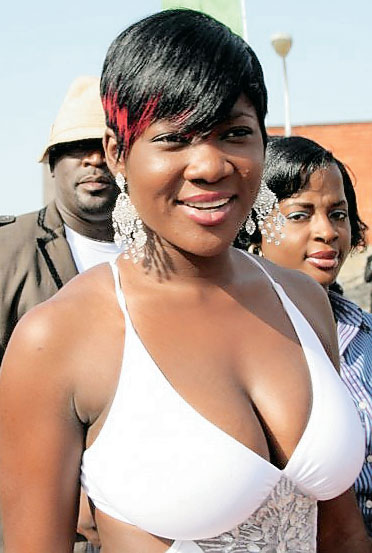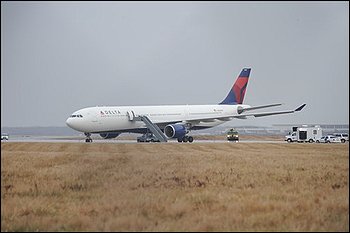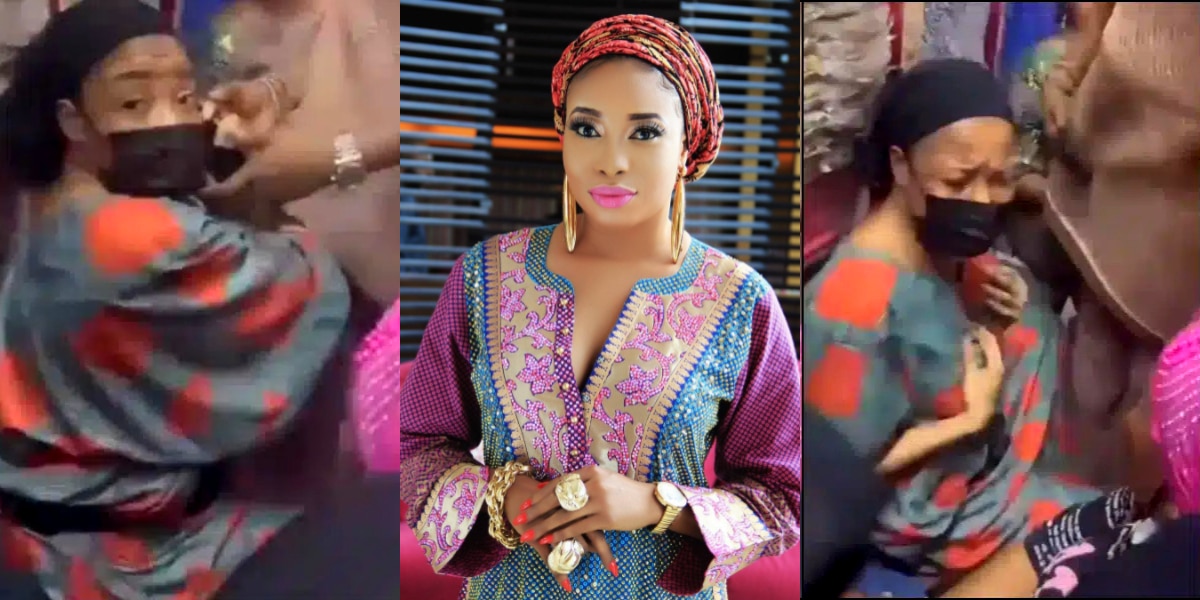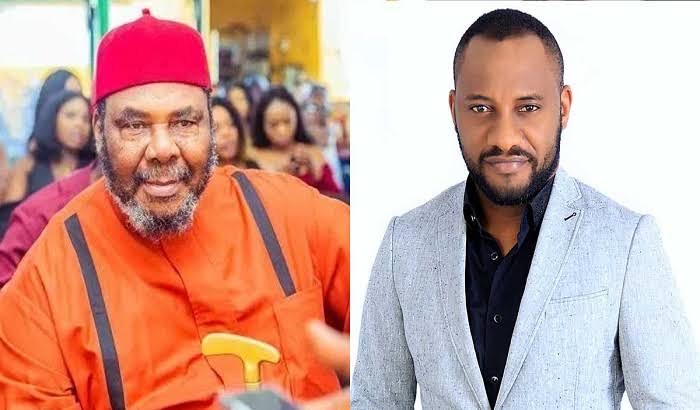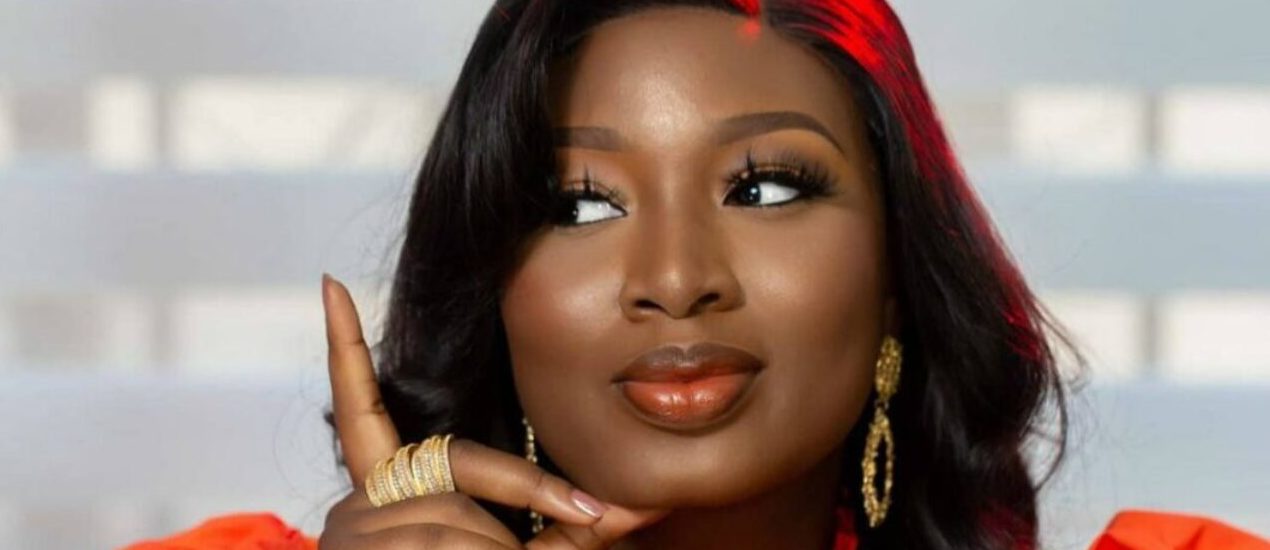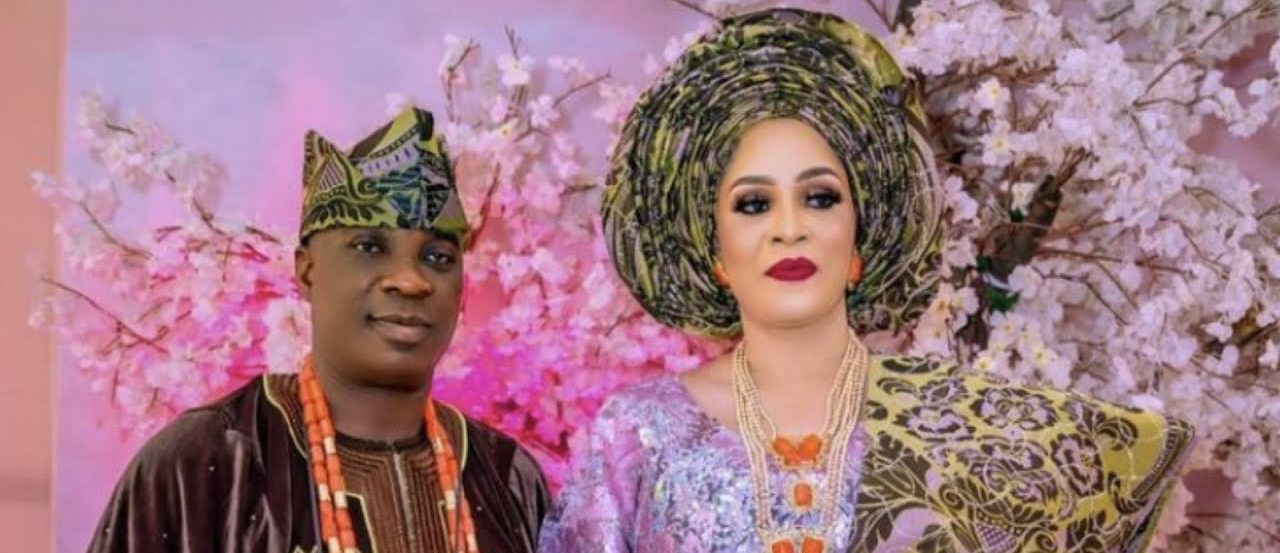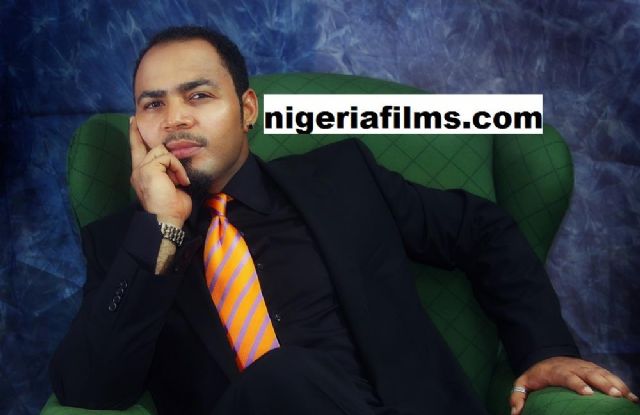
In Nollywood, the second largest movie industry in the world, dog eats dog. And it is news as big as man biting dog. As they say in journalism, it’s no news for a dog to bite a man. After the pioneers and veterans of Nollywood, Mercy Johnson is a favourite actress of many people, yet she is one of the most scandalised in the business. A promising actress, there is no doubt that she is crying when she is doing that on set. This is one of her shocking dog-eat-dog experiences, told a newspaper: “Let me tell you this story. When I was heading for Benin, I was supposed to leave at a particular time but I didn’t leave. My friends kept calling me and that’s why I am telling you that people can be terrible.
They were calling me and asking to know when I was planning to leave and I told them I wasn’t sure yet. I eventually decided to leave on a Monday with an 11.45 a.m. flight. Do you know that at precisely 11.45 a.m., a woman appeared at the airport screaming at the top of her voice that I should leave her husband alone. She told officials at the airport that she was hundred percent sure that I was aboard the flight.” There are similar stories on some other Nollywood people, indicating how competitive the industry has become, and the need for a unified Nollywood to address its mounting challenges. Mercy is one of the Nollywood people I have been studying to develop the characters of a novel I am planning to write on the industry. Another person is Mike Ezuruonye. I like it that outside the “scandals”, some of which look too silly to believe, Mercy has defied another of Nollywood’s dirty fads to commence marriage processes to her fiancé.
Most actresses find themselves too big to marry or say they are too engrossed in their career to marry. Everything God has made, including marriage is good! I have a very deep respect for Nollywood. It started from nothing. Birthed from a blend of creativity, vision and adventure of a few individuals, the pioneer practitioners, some of who didn’t have any specialised training, drove it with sheer passion, courage and determination into reckoning. Although the industry is being bastardised by a flurry of poor products, pioneers like Richard Mofe-Damijo, KOK, Omotola, Ramsey Nuoah, Emeka Ike, Segun Arinze, Stephanie Okereke, Genevieve Nnaji, Jim Iyke, and my friends Rita and Desmond are still a delight to watch. As they say, “enough respect” for Pete Edochie, Jide Kosoko, and Olu Jacobs. Minister of Information and Communications, Prof. Dora Akunyili, missed the point recently when he said the Nigerian film industry has contributed to the nation’s poor international image by focusing on voodoo, crime and advance fee fraud (419) in their plots.
The issue in Nollywood now is not scenes on juju or voodoo, which is in fact being de-emphasized. The Minister would have served the industry better if she also spoke about the monster threats like piracy and funding. There is no doubting the significant socio-economic contributions Nollywood has made to this country. It has brought Nigeria more fame than whatever damage voodoo themes could have caused the nation. Besides, films, apart from their entertainment value, can only be relevant to society when they reflect on them. From virtually nothing, Nollywood had by 2008 become a $300 million dollar – business. Networth! And according to a 2006 global cinema survey by the UNESCO Institute for Statistics released in May 2009, Nollywood, is number two in the volume of films. It is behind Bollywood and ahead of Hollywood based on the numerical data of the movies produced. But of course, Hollywood leads the world top class, quality productions. One of the reasons that make Nollywood products inferior to those of Hollywood is funding. To date only a few high budget films have been produced. In the US, high budget is a benchmark. In most cases, the higher the budget of a film, the better the quality, and the best the earning.
Titanic cost $200million to make but hit the $1billion mark. Film budgets have also risen in Bollywood, some as high as $20 million. Such is the funding challenge of film making. In Nigeria, the key financiers of the industry have been marketers of home videos. But as businessmen, rather than film professionals, they come with a heavy baggage for the industry. Their primary motivation is money and they do not make any pretence about it. Hence, some of them wield strong influence on scripting and choice of actors. In Nollywood, the marketer is also the producer, casting director and at times, the director! Money launderers also enjoyed a good stake of Nollywood. But with the war on money laundering and the global economic meltdown, they have reduced their interest in the industry, exposing it to the harshness of the current cash crunch. It is little wonder therefore that from producing 150 movies weekly about a year ago, home video production has slowed to some 20 each week. Another problem of the magnitude of funding is piracy.
As soon as a good home video is released, or even before then, the pirates get the tape down to some Asia country, mass produce it at lower cost and hurry back to flood the market with their copies. In some cases, the local cash-strapped producer prints 10,000 to 20,000 copies but are drowned by the over 700,000 copies of the pirate, sold in Nigeria and the rest of Africa, Europe and the US. A case of monkey dey work, baboon dey chop! I have a friend, Mildred, from Zambia who told me as far back as 2005 in Barbados that their film market was always flooded by Nigerian movies. Worse for the industry, many local television stations beam Nollywood movies without paying royalties, while Multichoice, a cable television, broadcasts African movies, mostly Nollywood, for what some actors have described as peanuts.
Although these stations have popularised Nollywood, they have also has caused a drastic reduction in the demand for home videos. Nollywood is challenged! I know this from the large number of poor quality home videos – weak storylines, poor casting, lack of professionalism of actors and actresses, and poor production quality. I knew Nollywood was challenged by its poor showing at prestigious Africa Movie Academy Awards, (AMAA). At the last awards in Bayelsa, Nollywood was the loser. Most of the prestigious awards were won by Kenyan and South African actors and actresses, an indication that Nollywood is on the decline. Nollywood is seriously challenged, almost handicapped. But strangely, instead of coming together to address the challenges on a common front, practitioners choose to revel in fractious and weak existence or fight themselves in the dog- eat- dog fashion. For example, there are presently two factions of the Actors Guild of Nigeria.
Two factions and two Presidents. Segun Arinze was elected president earlier in the year by the former president Ejike Asiegbu camp. Emeka Ike was also elected President of the Guild in elections conducted this month by the “Integrity Group” led by Kanayo .O. Kanayo. It is not unlikely that a new guild will be formed. Further, apart from an Actors’ Guild of Nigeria divided against itself, there is also the Association of Nigeria Theatre Arts Practitioners, ANTP, the guild for Yoruba movies. AGN is basically the actors’ guild for English Nollywood movies. The problem doesn’t end there. There is a Kennywood, the equivalent of Nollywood for the northern part of Nigeria. Rather than an umbrella union that would protect the interests of members, we have many guilds that cater for personal interests. This is where I would have expected the pioneers and veterans of the industry to show better example, instead of contributing to the suicide mission in Nollywood.
Recently I was talking to the Governor of Delta State, Dr. Emmanuel Uduaghan, who is happy that most home videos are shot in Asaba these days. But in his attempt to support the industry, should it also be his responsibility to sort out the authentic guild of actors? Compared to journalism for example, most media houses in Nigeria today are owned by the pioneers or elders in the business and they have used their investments to grow the profession. In Nollywood, new entrants also need to show some sense of professionalism. Luckily for them, they have the veterans and pioneers to learn from, but some of them have been afflicted with the sudden-wealth syndrome. Relative to their backgrounds, the fees they are paid is so much they now wear swollen heads. For most of the ladies, all they talk about are their body parts – boobs and hips, as if that is all acting is about. Yes, boobs and hips don’t lie as they say, but they are not forever.
What lasts are career achievements and inner beauty and purity. These actresses also talk too much about sexual harrasment as if it happens only in nollywood, and whether they can act in the nude or not. They blame it on journalists who ask such questions. But, while in journalism there are no stupid questions, respondents show their immaturity in the manner they handle such questions. The early practitioners made Nollywood this big – no government help. And although it has assumed a critical mass, which makes its sudden death unlikely, this is a call on all the practitioners to stop the slide.
